Women’s Participation in Renewable Energy Challenges and Opportunities
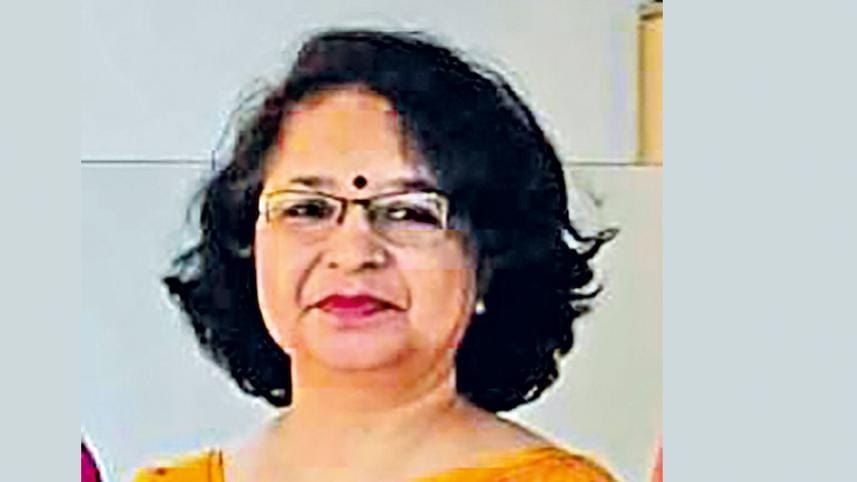
Banasree Mitra Neogi, Director-Programme, MJF
Ensuring a successful shift toward renewable energy necessitates the active involvement and empowerment of women in the sector. The Manusher Jonno Foundation has initiated efforts to deepen our understanding of the challenges faced by women in this domain and find suitable solutions to those hurdles. Our primary goals encompass three aspects: first, to highlight and address gender disparities within the renewable energy sector in Bangladesh; second, to investigate ways to boost women's involvement in the sector; and third, to actively advocate for policy changes by incorporating expert insights to promote gender inclusion within the Renewable Energy Policy. A pivotal element of our initiative is the establishment of a coalition comprising women's organizations dedicated to spreading awareness at the grassroots level.
In line with our dedication to amplifying the voices of women, we recently conducted an extensive study to find out the gender impacts in Renewable Energy sources and technologies. The main focus of the research was identifying the challenges and finding out the potential opportunities regarding women empowerment in Renewable Energy sector.
Promoting women's participation and leadership in the energy transition is vital for addressing the climate crisis and fostering inclusion. The intersection of renewable energy, gender, and Sustainable Development Goals presents opportunities for women's empowerment through inclusion and gender equality. While piloting initiatives is essential, scaling them up is crucial. We also need to create an enabling policy environment influencing gender-based determinants on both demand and supply sides. Finally, we have to address the underrepresentation of women in STEM education to enhance their participation in the renewable energy sector.

Salman Rahman, Partner & Director, Inspira Advisory & Consulting Limited
Energy challenges for women vary based on intersectional factors. Contrary to assumptions, urban poor women may face more barriers than their rural counterparts. Different geographical regions, like Bangladesh's hill tracts and coastal areas, have unique energy needs. Policies must consider these intersectionalities to address specific energy challenges in diverse areas.
Honorable Prime Minister Sheikh Hasina's commitment targets 40% clean energy by 2041. Yet, the current plan allocates just 18-20% to core renewable energy. Considering falling global prices and increased investment, Bangladesh could significantly increase the share of core renewable energy sources. Solar and wind energy present a substantial prospect for fulfilling Bangladesh's renewable energy needs.
Our energy policies, such as IEPMP and Draft National Renewable Energy Policy are highly technical. There's a missed opportunity for integrating gender-sensitive aspects that could guide other agencies. Benchmarking against 16 countries, including the USA, Sweden, Sri Lanka, India, Fiji, and Papua New Guinea, reveals that these countries have dedicated sections in their energy policies for integration of women and other intersectional communities. If Bangladesh adopts similar strategies, our policies can become more gender-friendly, unlocking numerous opportunities for women.
Women, equipped with STEM backgrounds, can thrive in the expanding renewable energy sector as engineers, administrators, or planners. At the grassroots, they can play pivotal roles in non-key operations and maintenance. Entrepreneurial opportunities abound, with last-mile delivery and selling spare parts for solar home systems as viable avenues for women. They can also engage in productive uses of renewable energy fostering economic activity. Integrating renewable energy technology into sectors with a strong female presence, like agriculture, enhances women's participation while simultaneously addressing challenges related to climate change and greenhouse gas emissions.
The existing gender gap in renewable energy creates a cycle, with low representation at the policymaking level impacting national programs and limiting women's interest in STEM education. Breaking this cycle requires direct action, particularly in crucial policies like the national renewable energy policy and IEPMP. Enhancing these policies with dedicated chapters focused on increasing women's access can pave the way for broader inclusion in national programs and guidelines.
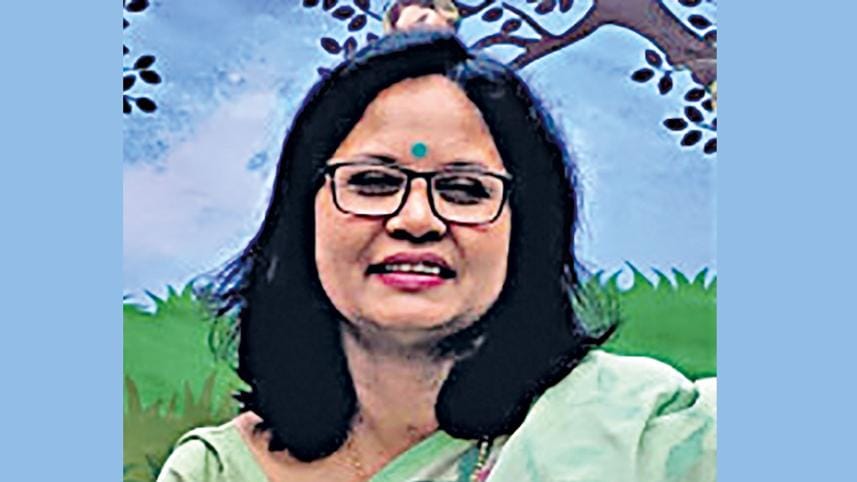
Sharmind Neelormi Professor, Department of Economics, Jahangirnagar University
The broader nexus between women and energy in the climate change arena remains unexplored. To align our energy policy with climate goals, integration of women in nationally determined contributions (NDC) is crucial. The latest NDC only mentions women's participation as stakeholders.
I urge the Manusher Jonno Foundation to research the experiences of female engineers, who face discriminatory attitudes that limit their opportunities. Addressing these issues is crucial, as industry signals significantly impact the educational choices of girls and boys.
In 2011/12, while with BIDS, we surveyed nearly 4000 homes adopting solar systems. Homes where women had decision-making power installed bulbs in kitchens, highlighting gender influence.
Expanding off-grid renewable energy necessitates comprehensive market studies, but there's a noticeable gap in wind and hydroelectricity research compared to solar. Strategic investment planning in this sector is crucial, particularly for women entrepreneurs with limited options and assets.
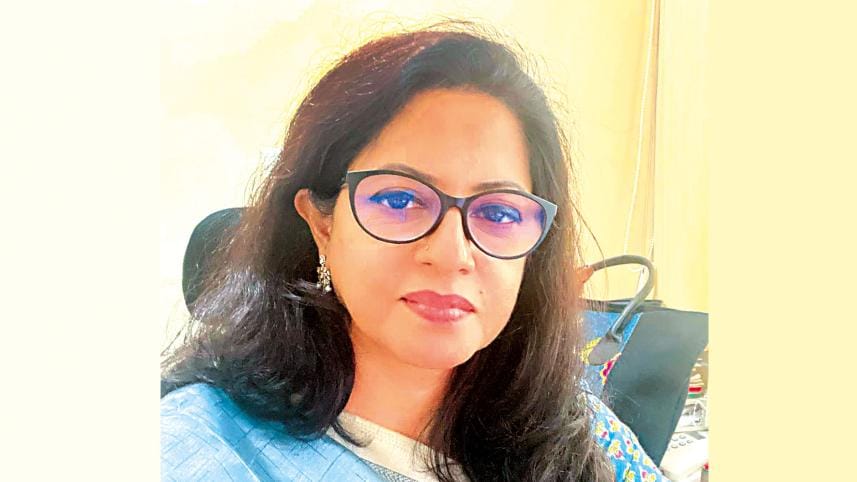
Dilruba Haider, Programme Specialist, Climate Change, DRR & Humanitarian Action, UN Women
In Khulna's Koyra Upazila, ASDDW, under director Lipika Boiragi, embraced solar-based irrigation pumps in 2021 to combat water salinity. Investing Tk. 3 lakhs, Lipika's personal contribution and organizational funds powered this initiative, irrigating a small piece of land. Operated by women, this renewable energy-based technology challenges stereotypes about women and technology. This success, while on a small scale, emphasizes the importance of supporting and acknowledging women's roles in technology and renewable energy, dispelling gender biases in these domains.
The government's recent approval of the revised Climate Change and Gender Action Plan includes commendable recommendations for the renewable energy sector. It's imperative for the government to swiftly implement these suggestions, especially given the alignment with the approved national adaptation plan. The synergy between these plans calls for collaborative efforts from both the government and stakeholders to ensure effective implementation.
We must leverage both traditional and social media extensively to highlight how women can serve as catalysts for change in the country's renewable energy revolution.
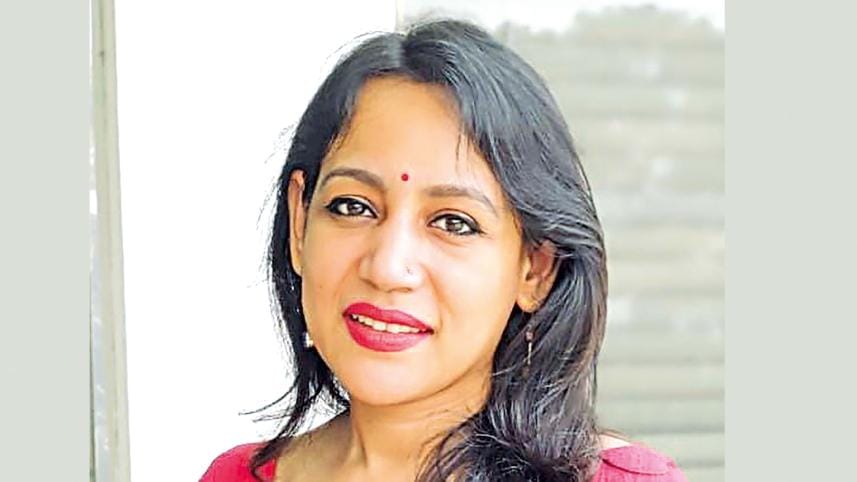
Sharmin Islam, Gender Team Leader, United Nations Development Programme (UNDP)
The access of women to clean energy is limited, and the materials used for household energy consumption pose hazards to their health, requiring time-consuming collection of wood or alternatives. Clean energy access is crucial to simplify their lives.
The energy transition also presents job opportunities, and there is a need to strategize inclusion of women in this new job market. However, achieving this requires an enabling mindset and adequate infrastructural facilities in many instances.
The impact of climate change on women differs from that on men. Women can play a significant role in its recovery, emphasizing the necessity of ensuring their involvement in decision-making roles regarding mitigating climate change impacts.
I want to highlight two projects from our climate resilience portfolio, showcasing how involving women in renewable energy initiatives empowers them and addresses societal energy needs. In Char Montaz, women operate a solar-ice making plant, immensely benefiting inhabitants whose main livelihood is fishing. Similarly, in Chittagong Hill Tracts, women use a solar pump to extract groundwater and distribute it across seven villages. We have addressed intersectionality by involving indigenous women in project management and ensuring the plant's accessibility to women with disabilities. In the maintenance of this water plant, we have ensured almost 60 percent participation from women.
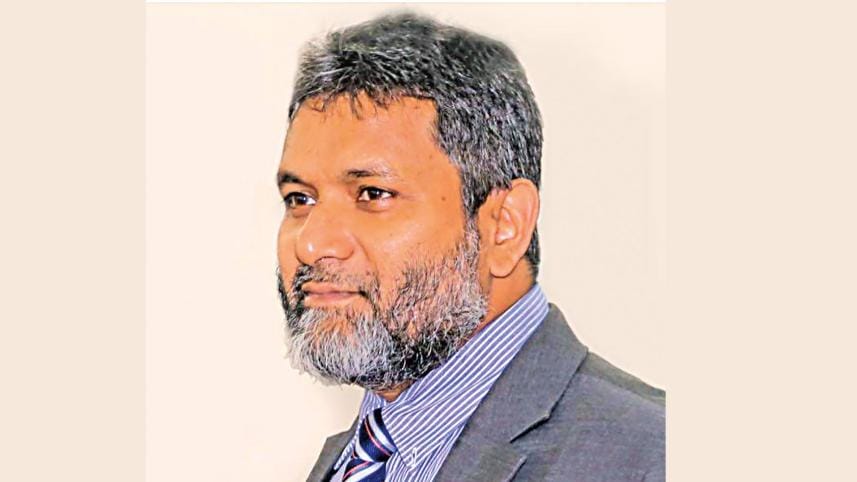
Shahriar Ahmed Chowdhury, Director, Center for Energy Research, UIU
Since 2013, the number of renewable energy plants has surged, surpassing conventional power plants. In the last year, 84% of newly completed power plants were based on renewable energy. The choice for renewable energy is driven by climate change mitigation, energy security concerns, and fuel diversification. Forecasts predict that by 2050, renewable power energy will dominate, comprising 85%. However, there seems to be a lack of awareness in Bangladesh about the tremendous revolution occurring in the renewable energy sector.
Currently, our national power generation is 25,000 Megawatts, with the government processing proposals for 11,000 Megawatts from renewable energy. Despite this, there is a significant expertise gap in the sector. Addressing this requires creating skilled human resources, including both men and women, for the sector. There are numerous opportunities to engage women in renewable energy-related projects, and we need to facilitate their access to these projects by providing proper training and adequate investment.
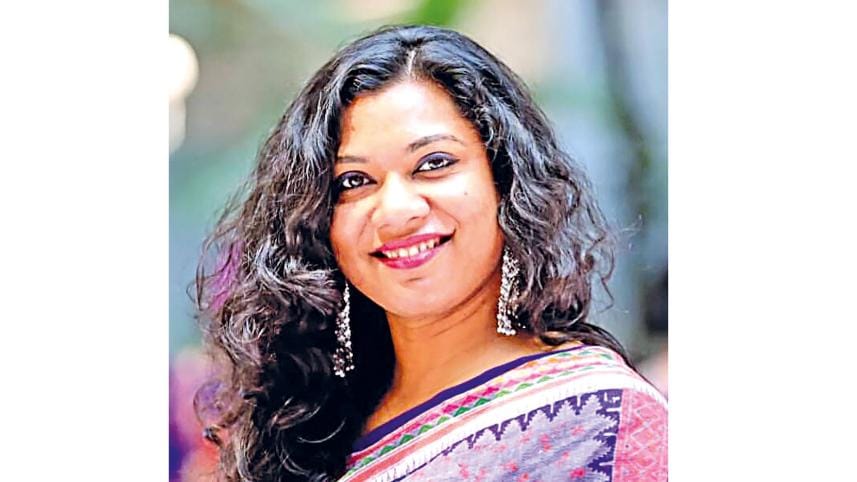
Tasnuva Zaman, Programme Specialist, Climate Change, DRR & Humanitarian Action, BADGE, USAID
The primary energy consumption for women occurs in the kitchen. Modern appliances aid in managing household, reproductive tasks, and chores. However, reliance on grid energy becomes challenging due to high electricity bills, especially in rural areas facing electricity shortages. Transitioning these appliances to solar power could significantly reduce expenses, allowing women to use them and allocate more time to productive activities. There is ample scope for research in developing renewable energy-based appliances for household activities.
In our country, solar-based irrigation projects primarily target large-scale cash crops. However, women are predominantly engaged in small-scale household-based agriculture. Providing solar-based irrigation on a smaller scale for them would be highly beneficial.
Female participation in the energy sector, both in government and private realms, remains remarkably low. Female engineers often prefer working in the head offices of Dhaka rather than field or work stations, with some even contemplating changing sectors or migrating abroad. While companies offer security and facilities at workstations, reluctance persists due to family concerns. A paradigm shift in mindset is imperative, accompanied by comprehensive gender sensitivity training for those already engaged in the workforce.
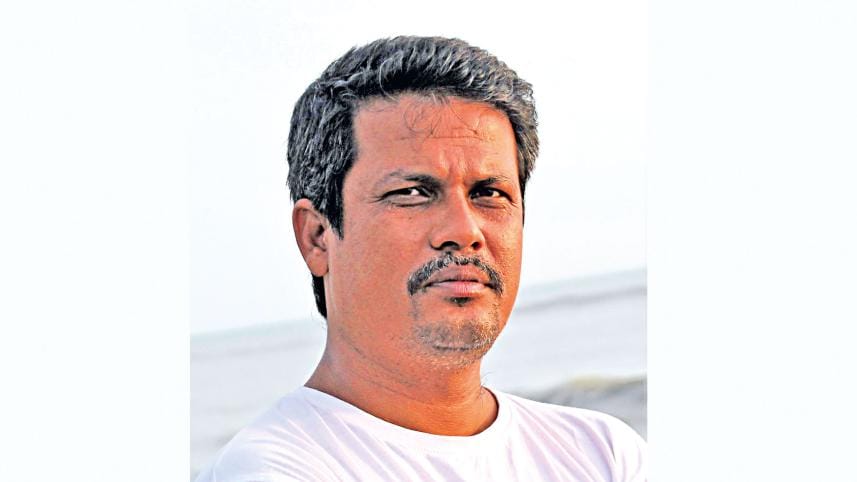
Abul Kalam Azad, Project Coordinator, Action Aid Bangladesh
In Bangladesh, the absence of a national energy policy is notable, with the 2000 policy being ineffective and disregarded. The commitment by the Prime Minister at COP-26 to achieve 40% of total energy use through renewable energy by 2040 is significant, but its realization requires a robust institutional framework. Although the Mujib Climate Prosperity Plan aligns with this goal, other key policies like the five-year plan, Delta Plan, Vision 2041, and IEPMP lack coordination, and the role of women in energy transition is not explicitly addressed. These plans need a well-framed inclusion of women's roles, and a national framework is essential for systematic guidance. As our economy faces a critical juncture, the absence of a coordinated energy sector policy could lead to substantial future challenges.
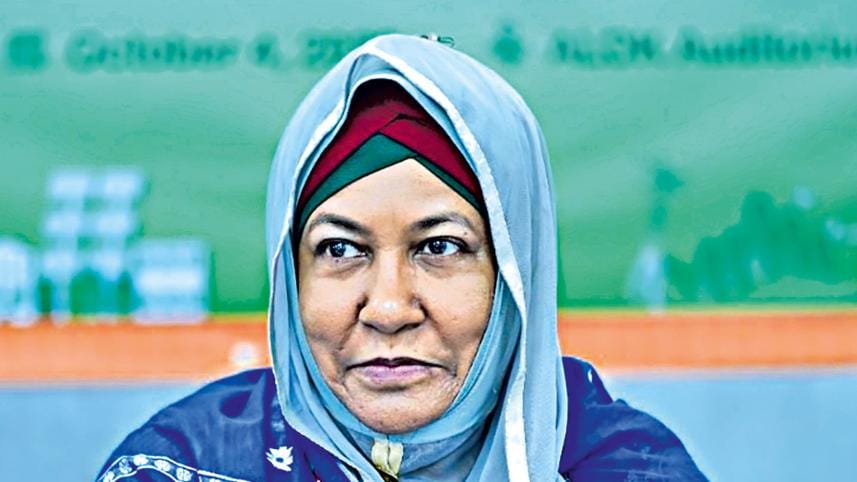
Waseqa Ayesha Khan, Member of Parliament, Ministry of Power, Energy and Mineral Resources/ Finance and Planning
We have witnessed significant progress in Bangladesh's energy sector since 2006, with power generation capacity increasing from 3,782 MW to 28,000 MW today. The Bangladesh Awami League's commitment to generating 28,000 megawatts of electricity by 2023, made during the 2018 election, has been successfully achieved. The country now boasts numerous sustainable energy projects, including cross-border energy trade.
However, the challenge lies in enhancing the integration of women into the renewable energy sector. Globally, renewable energy employs approximately 32% women, surpassing the overall energy sector's 22%. In Bangladesh, only 10% of the energy sector workforce comprises women, lagging behind the world average by 10-12%. Addressing this disparity requires prompt action.
In our country, only 12% of engineering students and 15% of engineering faculty are women, revealing a gender gap in STEM education. Social barriers, a lack of female role models and mentors, limited networking opportunities, and obstacles in professional development contribute to this disparity. Overcoming these challenges demands increased social awareness and changes in the education system. The progress in technical education from 1% in 2010 to 17% at present indicates positive developments, highlighting the need for a social awareness campaign led by organizations such as NGOs, CSOs, and INGOs.
Bangladesh government allocates a separate fund through Bangladesh Bank for financing, specifically targeting women entrepreneurs. Despite this provision, the fund is not fully utilized annually. Opportunities abound for women entrepreneurs in solar home systems and solar irrigation systems, with the government encouraging private sector involvement in charging stations, potentially opening up avenues for women in this domain.
Emphasizing women's participation in the renewable energy sector is crucial, requiring collaborative efforts from both the government and private sectors, supported by policies. As a political activist, I am dedicated to advancing this cause, particularly in the upcoming elections where renewable energy will be a crucial part of the Awami League's manifesto. We will also prioritize the gender perspective in the renewable energy sector.
To formulate and bring change to our energy policies, more data is essential.
Renewable energy holds global significance, with rapid advancements and considerable job creation potential. The Mujib Climate Prosperity Plan proposes significant investments, aiming to generate numerous jobs. In our country, the challenge lies in the shortage of qualified individuals. Bridging this gap requires increased investment and planning. We also need to create awareness to attract more women to these professions.
While the Delta Plan 2100 is being implemented, the draft of the Integrated Energy and Power Master Plan awaits approval. This is a dynamic policy to meet evolving needs, and we can bring about changes as per our requirements.
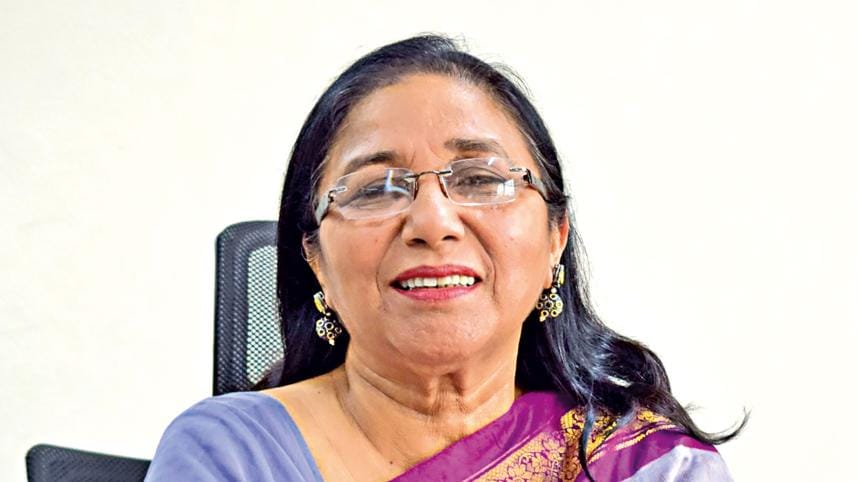
Shaheen Anam, Executive Director, Manusher Jonno Foundation
I would like to begin by paying tribute to the late Dr. -Saleemul Haq a dedicated climate change advocate who recently passed away. His work was marked by a distinctive perspective that underscored the substantial connection between climate change and gender.
The core theme of our discussions underscores the profound impact of cultural norms, practices, and traditions on various facets of women's lives, influencing decisions regarding their education, professions, marriage, and family. Despite advancements, women find themselves lacking the authority to make these pivotal decisions.
The connection between renewable energy and women has evolved, necessitating further research on the issue. Vital components in advancing this understanding encompass bolstering knowledge, gaining practical experience, and methodically implementing policies to ensure a sustainable and inclusive integration of women in the renewable energy sector.
Gender discrimination persists in STEM fields. Efforts are needed to showcase the benefits of STEM education and make opportunities available for all women. A comprehensive approach that includes women of different groups such as class, ethnicity, physical condition and education background is essential for women's empowerment.
As elections approaches, we hope that political parties will include in their election manifestos the critical importance of integrating gender concerns in policies related to renewable energy. We urge policy makers to take note of the various research and surveys being conducted on this issue and take appropriate steps.
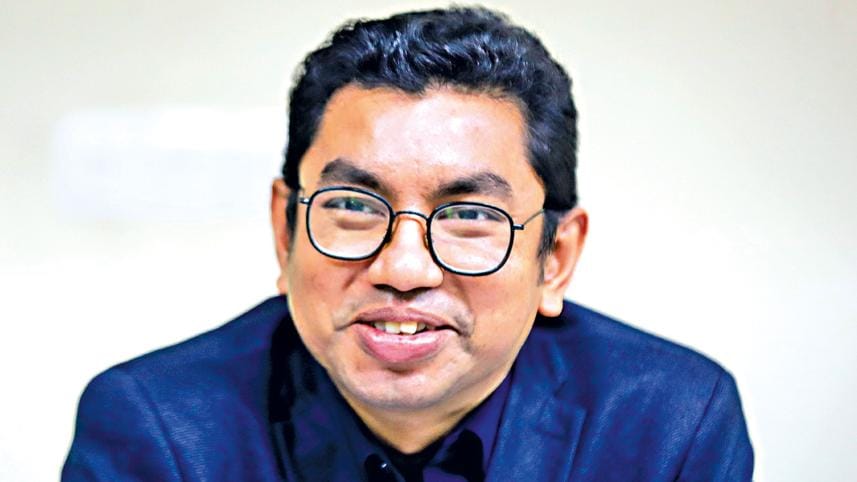
Tanjim Ferdous, In-charge of NGO and Foreign Missions at the Business Development Team, The Daily Star
On a global scale, there is a notable transition towards renewable energy, and Bangladesh is progressively embracing renewable sources. However, the involvement of women in this sector remains notably low. We anticipate that the discussions in today's roundtable will play a pivotal role in addressing this issue by generating valuable recommendations aimed at enhancing women's participation in the renewable energy sector.
Recommendations
- Collaborate with policymakers and industry stakeholders to actively promote and integrate gender-inclusive policies within the renewable energy policy.
- Policies should address intersectional ties for effective solutions to diverse energy challenges.
- Integrate gender into Nationally Determined Contributions (NDS).
- Support small women-led CSOs by providing accessible funding and resources to scale up their adoption of renewable energy technologies.
- Develop and implement capacity-building initiatives focused on enhancing the skills and knowledge of women in the renewable energy sector.
- Develop innovative and sustainable business models to support women entrepreneurs in the renewable energy sector.
- Promote and support women's involvement in STEM education.
- Conduct more research and generate data on how women can be involved more in the renewable energy sector.
- Raise awareness about the contributions women can make to and the benefits they can derive from the renewable energy sector.
- Introduce Gender-Sensitive Monitoring Framework for renewable energy project planning and monitoring.



 For all latest news, follow The Daily Star's Google News channel.
For all latest news, follow The Daily Star's Google News channel.
Comments